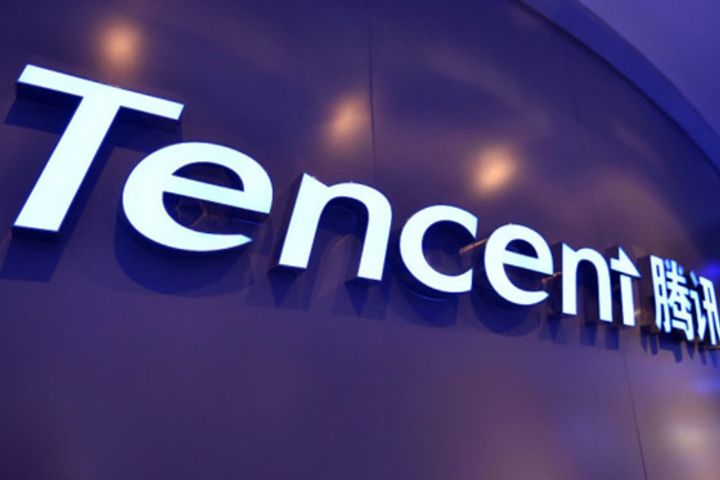 Tencent's Market Cap Shorn of USD127 Billion Amid Investment Worries
Tencent's Market Cap Shorn of USD127 Billion Amid Investment Worries(Yicai Global) Aug. 3 -- Tencent Holding's market capitalization has shrunk by almost USD127 Billion, or one-fifth, from a peak late last year, raising concerns over the Chinese tech giant's increasing dependence on the performance of its external investments.
Aggressive investments in startups over the years have brought significant returns for the WeChat operator, especially from those that have listed, market observers told Yicai Global. But analysts attribute its stock bust to the increased share of the Shenzhen-based firm's investment business.
Tencent's financial position appears ever-reliant on income from these investments. Despite initial success and rapid growth, the startups still suffer from major uncertainties. They also do not enjoy a monopoly of their respective markets that Tencent has enjoyed in the instant messaging sector.
Other possible factors in the constant downward pressure on the company's HKD3.3 trillion (USD421 billion) value include the price volatility of well-known overseas technology stocks such as Facebook. The successive listing in Hong Kong have of new economy firms such as Xiaomi and Meituan Dianping has diverted investment funds since the beginning of 2018.
The change in the worldwide macro environment has triggered a slide in Hong Kong stocks and also dragged down the market valuation of individual internet shares, Ronald Wan, chief executive officer of Partners Capital told Yicai Global. Tencent can't remain immune from a more than 16 percent drop in Hong Kong equities since a January high. The stock has also become a short-selling tool, he added.
Tencent is naturally affected as the entire mobile internet section is under a bear sales scenario, one fund manager told Yicai Global, adding that the firm will enjoy strength in the long haul, and occupy a key position to build on once Hong Kong stocks bottom out.
Expectation Concerns
Against a higher-than-expected business growth rate in the first quarter, there still exist some market doubts about Tencent's half-year performance, with its interim report set for release soon. The market is concerned that the growth of Tencent-invested startups may not live up to expectations due to relatively lower market shares compared with Tencent's own units. Some of them are also unprofitable.
Sector targets for Tencent's money are mainly in e-commerce, corporate services, transportation and logistics, culture and entertainment, and education.
Among previously acquired overseas assets, gaming firms make up a significant proportion and have brought a steady stream of returns. However, Tencent still suffered losses in other sectors. It did not see many successful investments except for stakes in established players Kingsoft, a software maker, and JD.Com, China's second-biggest online retailer.
Taking Tencent-invested content provider China Literature [HKG:0772] as an example, the firm's share price fell by almost half at one point this year from a high starting position. The firm also does not occupy a prominent position in the industry and its main rivals include Alibaba Literature and Baidu Literature.
Meituan Dianping, another company Tencent has injected funds into, has also failed to completely corner the market as it remains at loggerheads with Alibaba's Ele.me in the takeout delivery sector. Meituan-Dianping will also go public in Hong Kong, though there is uncertainty about its valuation, which ranges between USD30 billion and USD60 billion.
Companies Tencent has invested in that have underperformed on the Hong Kong bourse include China South City and China LotSynergy, while ZhongAn Online P & C Insurance fell by around two-thirds since listing a little over six months ago. In addition, key Baidu search engine rival Sougou had a low share price on the US stock market.
It still remains uncertain whether Tencent can successfully buy a 5 percent stake in Tesla, the world's leading electric vehicle company. Although Tesla leads its competitors in fields such as electric vehicles and driverless technology and enjoys benefits from its founder Elon Musk, the company has still suffered heavy losses.
Editor: William Clegg